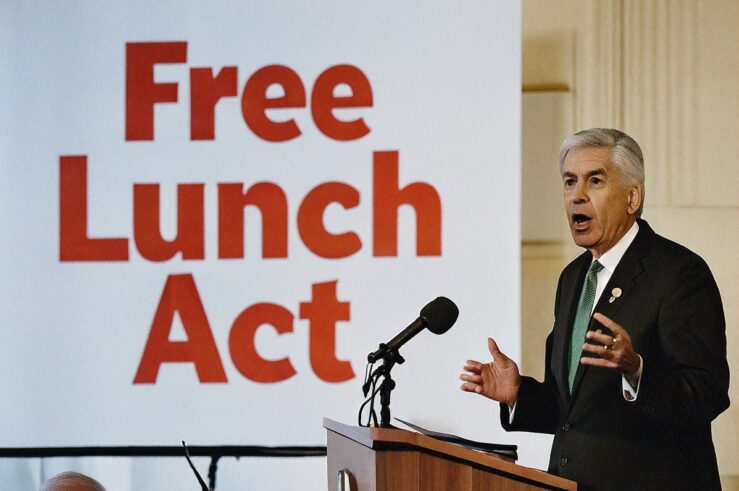The NYT reports on foreclosure lawyers who are getting paid contingency fees for mortgage savings, and are themselves getting mortgages from their clients to secure their fees:
The Ticktin mortgages resemble the loans that the clients originally got from Countrywide, GMAC and other lenders. Each will be a contractual obligation with the law firm, labeled as a mortgage and structured like one, too, with the client paying a certain sum every month and using the house as collateral. * * * For instance, if the mortgage was $500,000 and is reduced by the bank to $200,000, the client would owe Ticktin 40 percent of $300,000, or $120,000, minus any legal fees paid by the losing bank as well as any monthly sums paid to the law firm.
Cardozo’s Lester Brickman says
“For a lawyer to supplement or replace the banks as a long-term mortgage creditor of homeowners leaves me a little queasy. It’s an invitation for the public to say, ‘There go the lawyers again.’ ”
The article notes the conflicts inherent in a contingency fee in this situation:
In some cases, he said, the best a client might be able to do was get a mortgage modification. But the client might reject a bank’s offer if it did not allow him enough every month to pay Mr. Ice as well. “It’s touchy,” the lawyer said. “I don’t ever want to have a client say, ‘I’m not taking the deal because I can’t afford to pay you.’ ”
This relates to the changes in the legal profession as it morphs into a full-fledged legal information business. See my Death of Big Law and this post on my followup project. I often hear the objection that de-professionalizing the law business will be bad for clients. But conflicts of interest are only part of the problems with the current system.
One facet of the new world I’ve been discussing is linking legal expertise with markets. For example, in this new world of the law business, markets might develop for houses with potentially faulty mortgages, or directly in claims against banks. This would be analogous to the patent trolling and litigation finance businesses that already exist.
Here’s one way it could work. Legal experts would advise the buyers of the claims and prosecute the suits and get paid based on results. Homeowners would get the market value of their claims immediately (e.g., in the above example, $300,000 adjusted for risk, time and the costs of recovering the money). The homeowners are poor risk bearers, and accordingly are better off taking the cash than bearing the uncertainty of the claim and fees. The homeowners might be able to stay in their homes through some form of lease or part ownership.
This could expose banks to more litigation. But the underlying legal rules are what they are. If we don’t like them we should fix them.
The problems in the legal profession exposed by foreclosure-gate (see here and the above link) might provide some impetus for finally moving past our archaic approach to law practice and toward a full-fledged legal information business.




